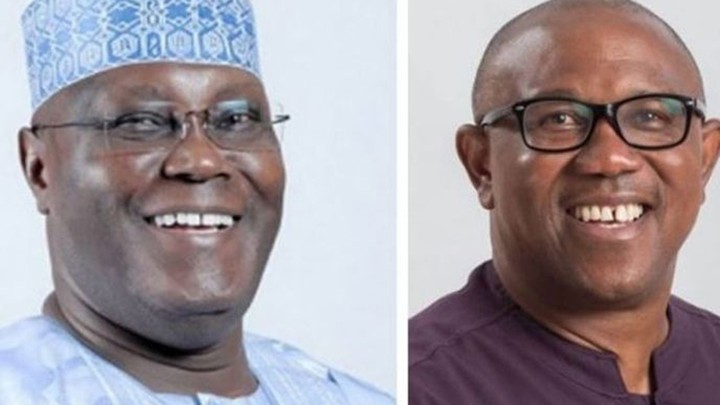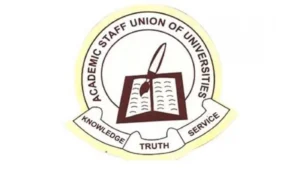In a recent statement, Atiku Abubakar, former Vice President of Nigeria and presidential candidate for the People’s Democratic Party (PDP), shared what he would have done differently to address Nigeria’s economic challenges. He criticized the current administration’s “palliative” approach, suggesting that it lacks a well-thought-out plan to ease the financial strain on Nigerians.
Atiku stated that he would have introduced economic reforms gradually instead of all at once. He feels that recent changes — such as the removal of subsidies and adjustments to the exchange rate, electricity tariffs, and fuel prices — have been too sudden. According to him, this quick shift is overwhelming for citizens and businesses alike. He pointed to examples from countries like Malaysia and Indonesia, which have taken a more gradual approach to subsidy removal, allowing for smoother transitions and less economic shock.
Atiku highlighted that his approach would have included thorough planning, stakeholder consultations, and a clear, long-term strategy for Nigeria’s economy. His policy document, My Covenant With Nigerians, outlined strategies for shielding the economy from crises and ensuring businesses do not collapse. He believes that reforms should be consistent and backed by strong preparation, not rushed through with limited foresight.
One of Atiku’s main criticisms of the current approach is that it lacks meaningful support for the poorest and most vulnerable Nigerians. While he acknowledges that temporary palliatives can help, Atiku believes in a more permanent social protection system. His administration would have implemented a targeted support program to help Nigerians weather economic changes.
In addition, he proposed the creation of a $10 billion Economic Stimulus Fund (ESF) to support small and medium-sized businesses (MSMEs) across various sectors. He also envisioned a skills-to-job program to provide young Nigerians, especially those without formal education, with practical skills and job opportunities.
Atiku emphasized the importance of tackling corruption, particularly within the oil sector. He said that the Nigerian National Petroleum Company Limited (NNPCL) would have been reformed to improve transparency, as corruption in the fuel subsidy regime has been a significant problem. By restructuring the NNPCL, he aimed to reduce opportunities for corruption and ensure that funds benefit citizens, not only those in positions of power.
Atiku also highlighted the inefficiencies in Nigeria’s refining sector. He explained that Nigeria, as an oil-producing country, should be able to refine its own oil and even export it to other nations. His plan included privatizing the country’s refineries, with the goal of refining at least half of Nigeria’s crude oil output. This could reduce the need for imported fuel and make Nigeria more self-sufficient in oil production.
Atiku strongly advocates for a gradual approach to subsidy removal, as he believes it would lessen the economic impact on Nigerians. When he served as Vice President, his administration took a step-by-step approach to subsidy reform, gradually increasing prices to allow citizens and the economy to adapt. He argues that most countries take years to fully remove subsidies, giving people and businesses time to adjust.







